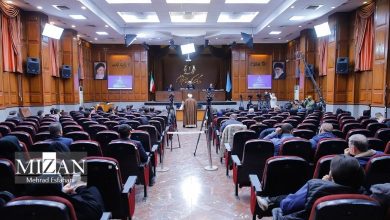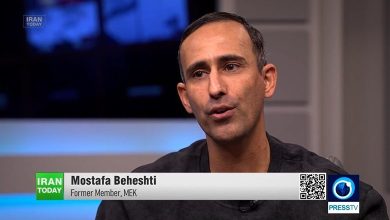Association for Defending Victims of Terrorism – U.S. Special Operations forces are not required to vet for past human rights violations by the foreign troops they arm and train as surrogates, newly disclosed documents show.
While the gap in rules governing vetting for a counterterrorism program have previously been reported based on anonymous sources, the documents provide official confirmation. Under the program, American commandos pay, train and equip foreign partner forces and then dispatch them on kill-or-capture operations.
The documents, including two sets of directives obtained by The New York Times through a Freedom of Information Act lawsuit, also show a similar gap exists in another Pentagon surrogate force program for so-called irregular warfare. It is aimed at disrupting nation-state rivals via operations that fall short of full armed conflict — including sabotage, hacking and information campaigns like propaganda or clandestine efforts to shape morale.
While the Pentagon is more open about security cooperation in which it assists allies and partners in expanding their own capacities, it rarely discusses its use of surrogates, or the foreign troops with whom Special Operations forces work to pursue specific American objectives. The documents open a window on how the programs function and what rules govern them.
The documents obtained by The Times include directives for two programs that are named for the laws that authorize them. The Section 127e program, commonly called “127 Echo,” can spend up to $100 million a year on counterterrorism proxies. The Section 1202 program is authorized to spend up to $15 million a year on surrogates for irregular warfare.





